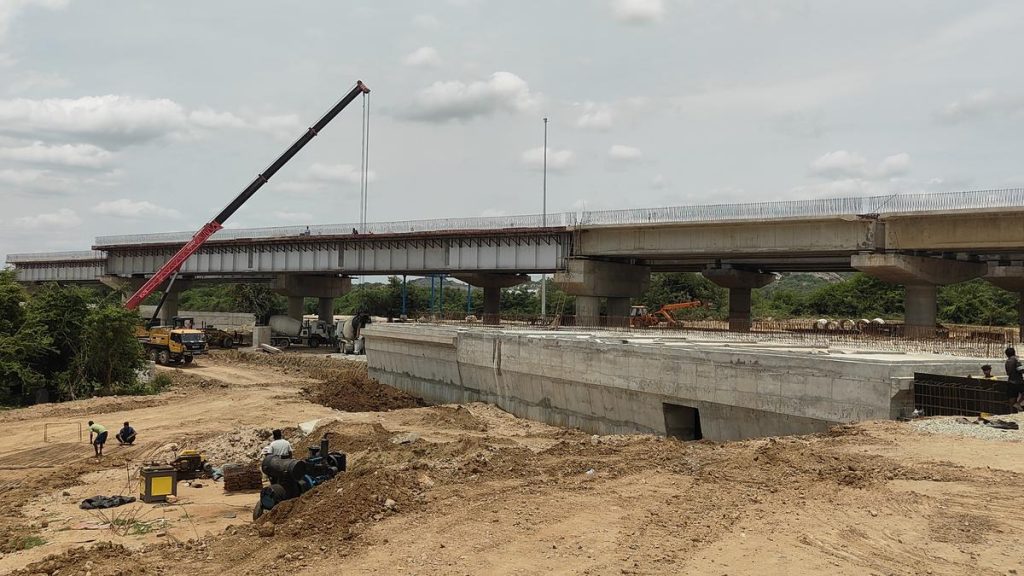Now Reading: SC Urges States to Amend Discriminatory Laws Against Leprosy Patients
-
01
SC Urges States to Amend Discriminatory Laws Against Leprosy Patients
SC Urges States to Amend Discriminatory Laws Against Leprosy Patients
Quick Summary
- The Supreme Court of India urged States to call special one-day Assembly sessions or enact ordinances to amend discriminatory provisions against leprosy-affected individuals in various laws.
- A bench comprising Justices surya Kant and Joymalya Bagchi emphasized the importance of removing demeaning legal provisions to protect the rights and dignity of these individuals.
- Previous court directives since 2010 instructed States to identify such laws and take corrective measures to align them with constitutional standards.
- Reports indicate over 145 State legislations contain discriminatory language against leprosy patients, including provisions allowing divorce on grounds of leprosy.
- Some states, including Uttar Pradesh, Uttarakhand, and Rajasthan, have identified problematic laws and initiated corrections; others are yet to submit status reports.
- The National Human Rights Commission may assist in filing detailed evaluations on this issue.
Indian Opinion Analysis
The Supreme Court’s directive highlights a notable gap between legal frameworks addressing health-related discrimination and India’s constitutional commitment to equality. Despite prior instructions in 2010, many states appear slow in fixing such outdated legislations that perpetuate stigma against leprosy survivors.While some state governments have started identifying offending statutes for amendment-like those restricting rights or grounds for divorce-the uneven pace signals institutional inertia.Removing these derogatory provisions is not just a matter of human rights but essential for societal progress toward combating harmful stigmas associated with curable conditions. Coordinated action across all levels-legislative assemblies or via ordinances-may expedite change. This issue also underscores the need for regular reviews ensuring legal systems remain inclusive while meeting contemporary humanitarian standards.
Read more: The Hindu
























